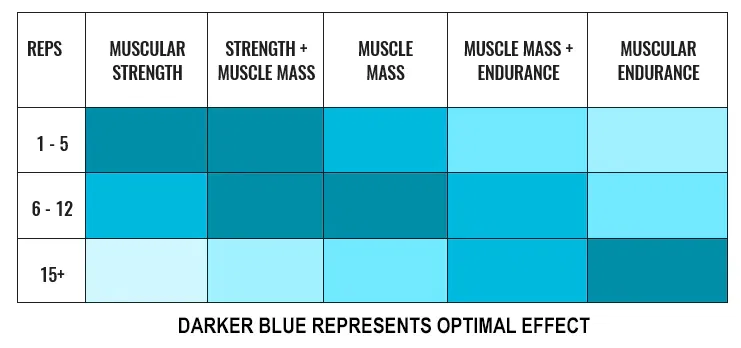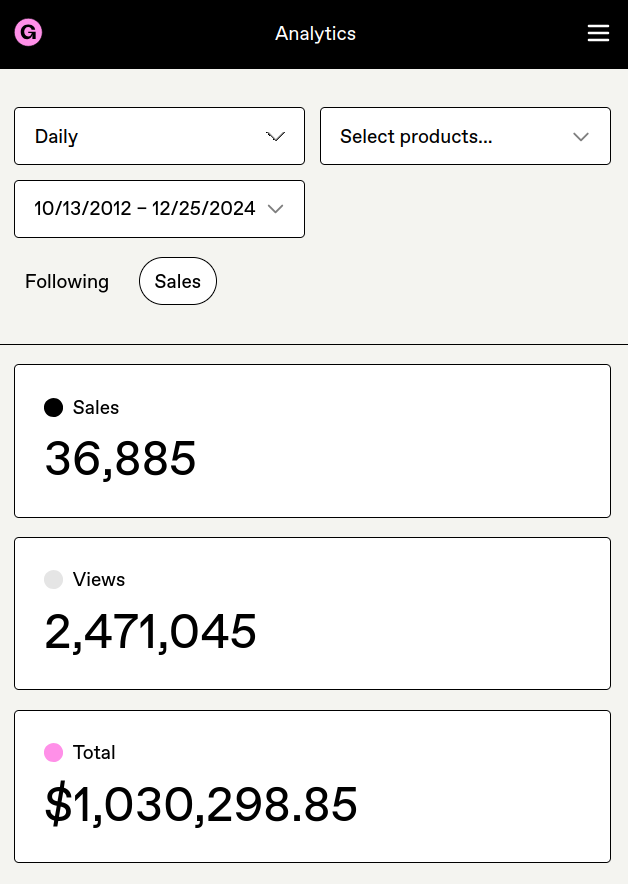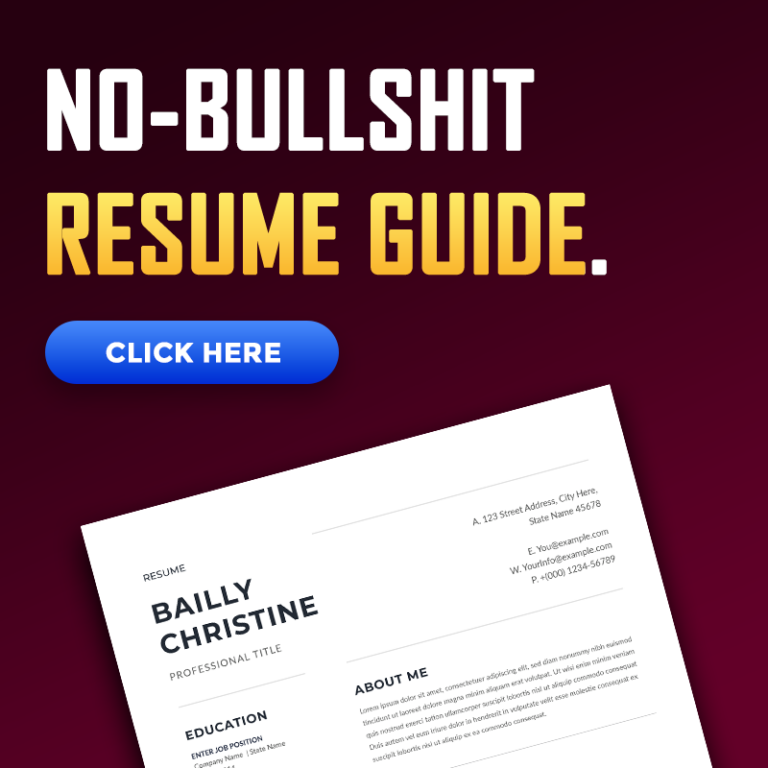I’m talking about the handcuffs and leashes of the modern day: student loans.
Student loans are not inherently evil (even though it is commonly thought so).
The question of whether you should accept a student loan or not depends on what you are going to be studying, and what the payoff is.
The considerations for any degree include the salaries and other emoluments allowed by the degree you get.
(You don’t need to go to college if you plan on starting your own business/entrepreneurship – obvious exceptions being professions such as law, medicine, etc.)
Here’s what you need to do to consider if a loan (or more accurately, the degree) is financially worth it:
- Talk to your university and find out what the average salaries offered during the in-campus placements have been in the past 3 years. (Remember, they are asking you to spend $50,000+ over a few years to study with them – you have all the right to ask for the numbers!). The arithmetic average of this number will be variable “A”. (Alternatively, you can do a trend analysis to estimate what your expected salary would be and take that as variable “A”)
- The number of years the course lasts will be “B”. This is important because of the opportunity cost of each year spent studying.
- Check if the interest rate is reasonable by comparing it to market borrowing rates (LIBOR or equivalent for your currency) and the ongoing fixed deposit rates. We will use the real effective interest rate or the Internal Rate of Return (IRR) rather than the interest rate the bank tells you. This is because the IRR will cover the effect of loan processing fees or other charges that may be levied by the bank. This is variable “C” (example: If IRR = 15%, then C = 0.15)
- You will estimate how much can earn (annually) in case you don’t opt to study – this is the opportunity forgone in the years you spent studying. This will be variable “D.”
- Loan amount = Variable “L”
- Annual Borrowing Cost (“I”) = L * C
- Amount paid from your savings for education (i.e. school fee paid from your savings) = Variable “E”
- Investment into education (“F”) = L + E +[(D + I) * B]
- Incremental earnings due to degree (Pre-tax) (“G”) = [A – (D + I)]
- Tax Rate = Variable “T” (We will use marginal tax rate on the incremental earning) (Example: If tax rate is 20%, then T = 0.2)
- Incremental earnings due to degree (Post-tax) (“H”) = G * (1 – T)
- Compute the following number:
(H * 5) – F
The number computed in step 12 represents the surplus of 5 years of additional earnings over the investment made.
Remember, when you borrow money, you are leveraging your personal Balance Sheet. Leverage comes with risk. You need returns to make the risk justifiable.
If the number calculated in point 12 is negative: RUN. If the degree cannot even pay itself off over 5 years – it’s not worth it. Especially not worth borrowing money over.
If the number calculated in point 12 is positive: Congratulations. Your preferred education/degree is financially viable. But don’t accept the degree just yet. Compare similar degrees you are interested in from different universities and see which gives you the best numbers. Shop around for the best loan you can get. Negotiate.
~Rule of Thumb~
Degrees involving art, history, sociology, humanities, ‘gender studies’, ‘ethnic studies’, psychology, music, cooking, etc. (you get our point) will almost always fail the test. These degrees usually hold no market value. Would not recommend.
The only degrees you should consider borrowing for are technical degrees such as those involving finance, law, medicine, engineering, software programming, and other specialized skills and knowledge.
You should also consider if you even need a college degree in the first place. Times have changed, and a lot of information is available on the internet for free – if you know where to look.
You should also research the coursebooks used in the University of your choice and check if you can use them without having to go to university. (Same knowledge; 1/100th of the cost + years of education saved)
You should only opt for a college education if you absolutely need it.
Note: To keep calculations simple, we have not considered the time value of money and salary growth rates. You can consider them for more accurate numbers, however, the calculations will become significantly more complicated.
Disclaimer: We have never had a cent in student loans. Although we are finance professionals, this is not professional advice. Talk with your consultants before making any decisions. Your decisions are yours alone.










![Traits Women Find Attractive Traits Women Find Attractive (And How to Score Yourself) [PART 1: Physical Aspects]](https://lifemathmoney.b-cdn.net/wp-content/uploads/2025/11/Traits-Women-Find-Attractive-1.jpg)






































































